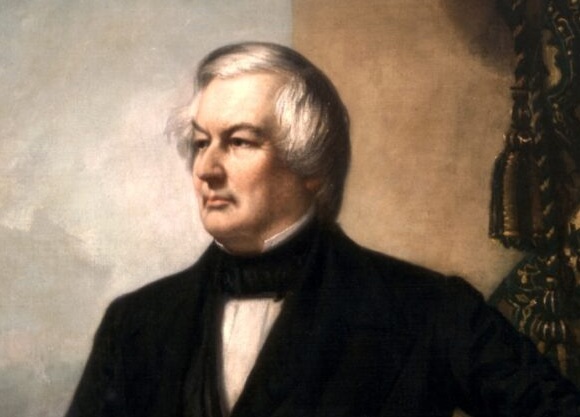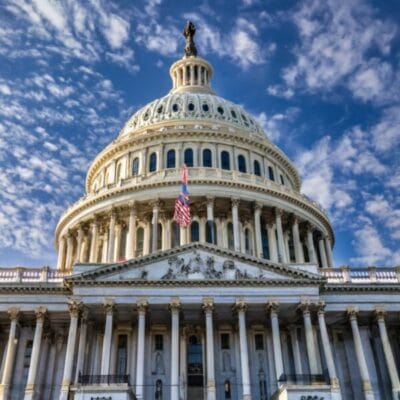Immerse yourself in the vibrant world of Capitol Hill where "caucuses", the exclusive legislative clubs, hold sway. These influential groups shape the political landscape, bringing together like-minded lawmakers to advocate for specific causes and wield considerable authority. This article unveils the inner workings of these exclusive caucuses, revealing their key players and the profound impact they have on American politics. ===
Caucus Confidential: Inside the Legislative Clubhouses
In the bustling corridors of Congress, caucuses serve as havens for lawmakers to connect, collaborate, and pursue shared legislative goals. These groups, formed around common interests or identities, transcend party lines, uniting members from both sides of the aisle. Caucuses provide members with a platform to amplify their voices, influence policy decisions, and build consensus on crucial issues.
Beyond their central role in shaping legislation, caucuses also play a pivotal role in disseminating information and facilitating dialogue among members. Through regular meetings, briefings, and events, caucuses serve as conduits of knowledge, keeping members abreast of key developments and fostering a sense of camaraderie. Additionally, caucuses often provide members with access to expert testimony and research, further enhancing their ability to make informed decisions.
Caucuses: Huddles, Clubs, and the Power Players
The landscape of congressional caucuses is vast and diverse, encompassing a wide spectrum of interests and affiliations. Some caucuses represent broad ideological perspectives, such as the Congressional Progressive Caucus and the Republican Study Committee. Others focus on specific policy areas, including the Climate Solutions Caucus and the Congressional Black Caucus. Notably, caucuses also exist to support members from particular states or regions, such as the New England Congressional Caucus and the Sun Belt Caucus.
Within each caucus, a select group of lawmakers emerge as key players. These influential members, often serving as chairs or ranking members, wield considerable authority in shaping the caucus’s agenda, priorities, and policy positions. Their expertise, experience, and persuasive abilities enable them to effectively advocate for their causes and drive legislative outcomes.
Through the intricate tapestry of congressional caucuses, the legislative landscape of the United States takes shape. These exclusive clubs, where lawmakers gather to forge alliances, ignite debates, and shape policy, are a testament to the diversity and dynamism of American democracy. Understanding the power and influence of caucuses provides a deeper appreciation for the complexities of lawmaking and the forces that drive political outcomes. ===



